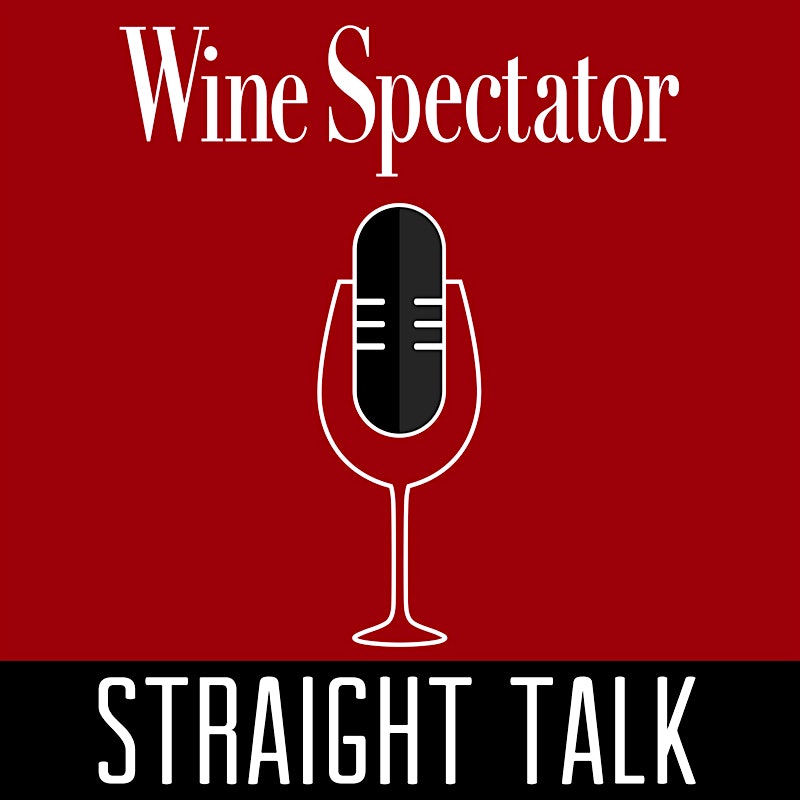For those of us who believe that light to moderate wine drinking can be part of a balanced, healthy lifestyle, last month brought a key victory. The Federal government has shelved a contentious report that argued that drinking is unsafe at any level and that the U.S. Dietary Guidelines should reflect that. The report was written by a special committee organized by the Interagency Coordinating Committee on the Prevention of Underage Drinking (ICCPUD) and staffed by researchers with ties to anti-alcohol advocacy groups.
The decision to ignore the report comes after more than 100 members of Congress demanded to know why ICCPUD, an agency that has never focused on adult drinking, was conducting the review, even after Congress had commissioned the National Academies of Science, Engineering and Medicine (NASEM) to conduct its usual review for the guidelines.
And while the decision is an important one, it’s easy to conclude that those of us who believe a glass of wine with dinner can be a healthy part of life have won a battle but are losing the war. Why? Because the groups who believe that drinking wine is unsafe from the first drop are winning what I call the battle of the noise.
Two Committees, Two Very Different Perspectives on Alcohol
The dietary guidelines are published every five years by the U.S. Department of Agriculture (USDA) and Health and Human Services (HHS). The recommendations on alcohol don’t govern federal programs, but they do send an important message on how Americans should view drinking. The current guidelines, passed in 2020, warn of the dangers of heavy consumption and binge drinking. And since 1995 the guidelines have stated that alcohol, in moderate amounts, could offer some health benefits.
Before HHS and the USDA craft the guidelines, they consult panels of scientific experts on the various topics covered. For the section on alcohol, NASEM convened a committee of 14 academics, including experts in public health, family medicine, epidemiology and biostatistics. The panel and its staff conducted an extensive review of the current relevant science on alcohol’s impact on various health matters, including cardiovascular disease, cancer and neuro-cognition.
Their report noted that research on alcohol and health is complex because studies are limited to looking at correlation rather than causation and that researchers often have to rely on people self-reporting how much they drink. The panel authors are careful to make clear how certain they are of each of their findings.
They found that moderate consumption, which they define as no more than two drinks per day for men and one for women, offers health benefits and lower overall mortality. The panel also found that moderate consumption of alcohol is associated with a higher risk of breast cancer. The findings are nuanced and complex.
The ICCPUD report was from a different perspective and had a simpler conclusion. The six members of the committee are substance abuse experts, many of whom have made their careers treating alcoholism and advocating for governments to pass new rules to reduce drinking, such as raising excise taxes, restricting alcohol advertising and increasing warning labels on packaging. Their study used mathematical modeling to calculate how much harm alcohol causes in the U.S., including not only health issues that the dietary guidelines traditionally cover—such as cancer, heart disease and diabetes—but also at traffic accidents and violence involving intoxicated people. Their conclusion? The health risks of alcohol start with the very first sip.
Release The Noise
When parties on both sides learned that the ICCPUD report was being filed away, the reactions were very different. Members of the NASEM panel stayed silent. The neo-prohibitionists started making noise.
Members of the ICCPUD committee were quick to go to the media and to criticize the dismissal of their report. A Sept. 4 story in Vox first broke the news, reporting, “Three co-authors on the [ICCPUD] Alcohol Intake and Health Study told Vox that they were informed last month that the Trump administration did not intend to publish the final draft of the study or its findings.”
The Vox report suggested, without providing direct evidence, that lobbying by the alcohol industry played a part. “Most Americans still don’t know that alcohol can cause cancer—and the alcohol industry is working hard to make sure it stays that way. For the past three years, the industry, aided by its allies in Congress and later the Trump administration, has sought to discredit and eventually bury a major analysis that offers new evidence of the link between drinking alcohol and getting sick and dying from various causes, including cancer.”
Temperance organizations picked up the argument that the NASEM committee was biased and that the White House axed the report because of alcohol industry lobbying. “This [NASEM] report is heavily influenced by alcohol industry interests, riddled with conflicts of interest, and has serious scientific flaws,” wrote Movendi, the international organization formerly known as the International Order of Good Templars. “Consequently, independent public health experts are heavily criticizing the NASEM report.”
Movendi failed to mention that three members of the ICCPUD committee have accepted financial support and spoken at conferences hosted by Movendi. And who are those independent public health experts? The members of the ICCPUD committee. Tim Naimi, Kevin Shield, Katherine Keyes, Priscilla Martinez, Adam Milam and Jürgen Rehm, the six members of the panel, wrote a critique of the NASEM report in the Lancet, titled, “Biases inherent in all-cause mortality studies: implications for shaping the 2025–2030 dietary guidelines for Americans on alcohol consumption.”
Two more critiques were published, one in the Journal of Studies on Alcohol and Drugs and the other on the website of the Institute of Alcohol Studies. Both were authored by Tim Stockwell, who is Naimi’s colleague at the Canadian Institute for Substance Use Research.
This effort to shape the narrative in defeat is nothing new for Stockwell and Naimi, who have been two of the most vocal voices for discouraging alcohol consumption through stricter regulations over the past decade. Stockwell, Naimi and Shield were all members of a committee that made recommendations in 2023 to Canada’s health regulators that its guidelines be changed to just two drinks per week for men and one for women. There was a backlash from other researchers, who pointed out that while their report claimed to have reviewed 6,000 studies, they had actually deemed most of those studies unreliable and had relied on just 16, some of which had been written by Naimi and Stockwell. In the end, Canada left its guidelines unchanged.
But even though the recommendations lost, the noise won. The New York Times and several other top publications kept reporting after the rejection that Canada had changed its guidelines. Naimi, Stockwell and other advocates began suggesting the U.S. should certainly do the same.
A Playbook for Persuasion
The anti-alcohol advocates’ perspective is understandable. Many of them are substance abuse experts who have spent their lives treating people dealing with addiction. They have seen the damage alcohol can do. There is no question that heavy alcohol consumption and binge drinking are destructive and unhealthy. But rather than target heavy drinking, they are painting all alcohol consumption as unsafe.
To do that, they have conducted multiple studies that argue that the J curve, the theory that people who drink in light to moderate amounts are healthier than both heavy drinkers and abstainers, is a mirage. They have cited those studies in highly selective meta-analyses that disqualify research that affirms the J curve. The goal is to create a large body of evidence against moderate consumption.
And when other researchers publish studies affirming the J curve or the NASEM panel finds that moderate consumption is linked with lower overall mortality? The neo-prohibitionists work to discredit those researchers, accusing them of being beholden to the alcohol industry.
Gallup released a poll in August that found, “For the first time in Gallup’s trend, a majority of Americans, 53 percent, say drinking in moderation, or ‘one or two drinks a day’, is bad for one’s health.” The noise is effective.
Want to learn more about how wine can be part of a healthy lifestyle? Sign up for Wine Spectator's free Wine & Healthy Living e-mail newsletter and get the latest health news, feel-good recipes, wellness tips and more delivered straight to your inbox every other week!










